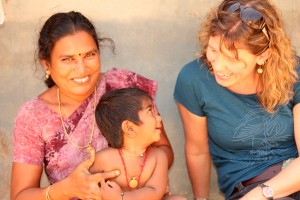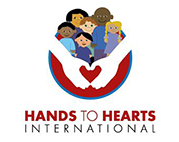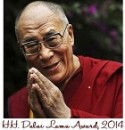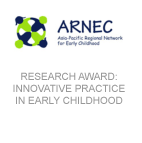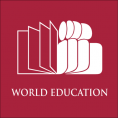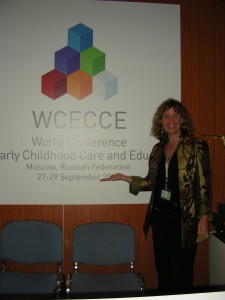
The last few days I have been participating in the first World Conference on Early Childhood Care & Education, in Moscow. It is a fascinating experience on so many levels. I am learning from some of the most brilliant researchers, program designers, diplomats, aid groups and donors – all of whom are focused on and deeply committed to making our world a healthier, more supportive, peaceful and just world all of our children. I could tell you all of the research facts, the program details or the policy items that I learned about, but that would not be as rich as sharing with you my experience of the people I have met here. This, a world conference hosted by UNESCO, has brought government delegations from over 100 countries together, and that was what fascinated and at times captivated me. I have never been a party to a major UN event,
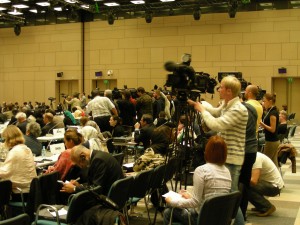
(the media joins in to capture the scene)
where representatives from so many places, all sit behind their country names, all with their own headsets to listen the translation of the flurry of languages, and each with their own speakers to share comments and ask questions from, or at least that is the intention, most of those that stood to share from their microphones did so to make speeches about the great work they are doing.
But my favorite part is that in the midst of all of this political grandeur and diplomatic pomp, the sheer humanness shines through. These country ambassadors, diplomats, ministers of education/finance/health… they are all so human beneath their shiny veneers and titles. I have been both heartened and entertained to watch as the representatives from Slovenia took turns getting up from their table and taking each other’s photos sitting behind their country’s name tag. Then, this led the representative from Uruguay to scoot up the aisle to pass a camera to the Slovenia team and asked that they take his picture.
When I was walking out in the reception room I saw a group of 3 people, 1 of them taking the picture of the other 2. So, naturally I stopped to offer if they would all like to be in the photo and they were very happy as I adjusted them and reset their flash, and then moved them to a different background (yes, though not talented, I am picky in the photography department!).
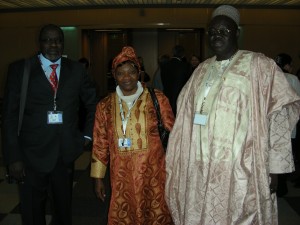
(delegation from Cameroon)
After getting a few nice pictures for them, I passed their camera back and asked them where they were here from. Turns out I had just photographed the country delegation from Cameroon – their Russian Ambassador, their Secretary Generals in both the Ministry of Social Affairs, and Education. They thanked me with an open invitation to Cameroon.
But, I think what has touched me most were those I met this afternoon. I attended a presentation which included Afghanistan’s Ministry of Education and my heart ached and my mind numbed as I read the slide that listed the profound and seemingly intractable problems the children in his country face — war (wars that have gone on and on for generations, and which seem destined to continue), children orphaned or abandoned, using drugs, living on the streets, those facing discrimination due to their gender, ethnicity, religion or language; the list went on and on… At the end of the session I went to introduce myself and I was stunned almost silent by the desperation, the hunger, the wanting and pleading that came screamed through his eyes, his embrace of my hand, his quiet, yet urgent invitation to come to his country, though he didn’t even know who I was yet. I also watched in admiration the curiosity and openness of the Bhutan representative. He stood to ask the group for any introductions or ideas on who could come to his country to teach them how to establish and implement programs to support his land’s youngest children. He was modest, unassuming, gentle and had a humbleness to him that I find to be a rare surface quality at this type of gathering.
All in all, it was an honor to participate, to meet so many amazing and powerful people, and to see their humanity. I was left with a great deal of hope, recognizing that HHI has so many allies all working diligently everyday to create a world we want for the children we love.
